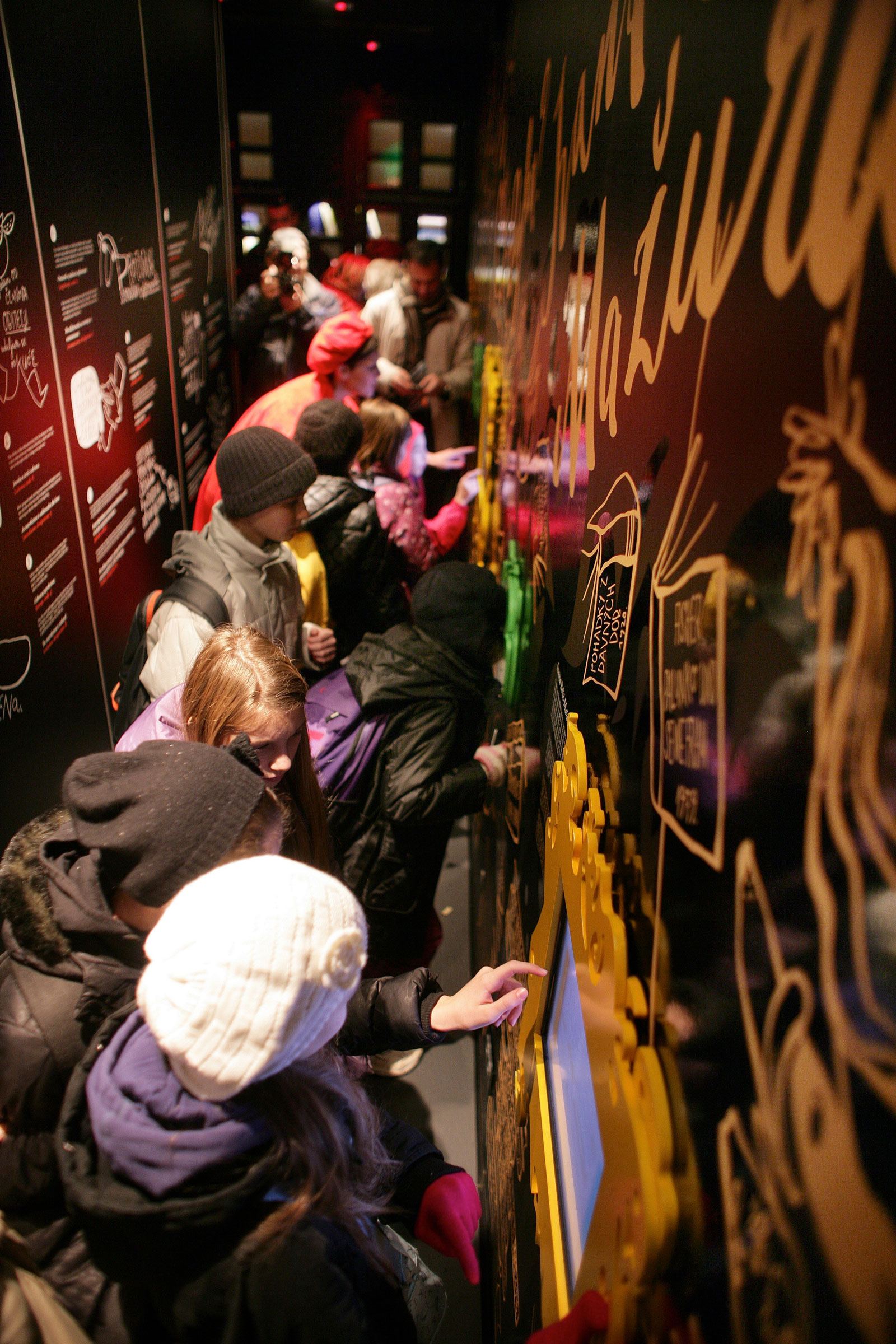Education, Creativity and Innovation
Education
Awareness Raising
Research
Digitization, Science & Technology
Arts and Creativity
Engagement with cultural heritage can be a learning experience which is organised around all three forms of education; formal, non-formal and informal. Within this spectrum, the exploration of what people learn from and within the context of cultural heritage – both material and immaterial – and the resulting ripple effect is a manifold question, that is explored within this theme.

A renowned example in the field of cultural heritage education policies is the UNESCO World Heritage Education Programme, that was initiated as a UNESCO special project in 1994. It gives young people a chance to voice their concerns and to become involved in the protection of our common cultural and natural heritage. It seeks to encourage and enable tomorrow’s decision-makers to participate in heritage conservation and to respond to the continuing threats facing our World Heritage.
Assessment of an intervention through this theme allows for a deeper exploration of its educational potential. It also analyses the facilitation of research and innovation in planning, implementation and monitoring through the intervention.
Ivana’s House of Fairy Tales (IHF) is a unique multimedia and interactive visitor’s centre in Croatia, which celebrates fairy tales and their makers. Their educational programs include reading and storytelling, painting and music workshops, guiding tours and collecting of educational materials such as fairy tale texts in all languages. Some educational activities have also officially become a part of the school curriculum. These activities are assessed as very inspirational, creative and motivating for all participants.

The acknowledgment of cultural heritage as a common good was noted as an important factor in the case study Officine Culturali. Stakeholders from the Officine recognized the growing understanding of cultural heritage as a common good, particularly for the youth, and the role Officine Culturali has played in this phenomenon.
Click on a theme to follow its story: